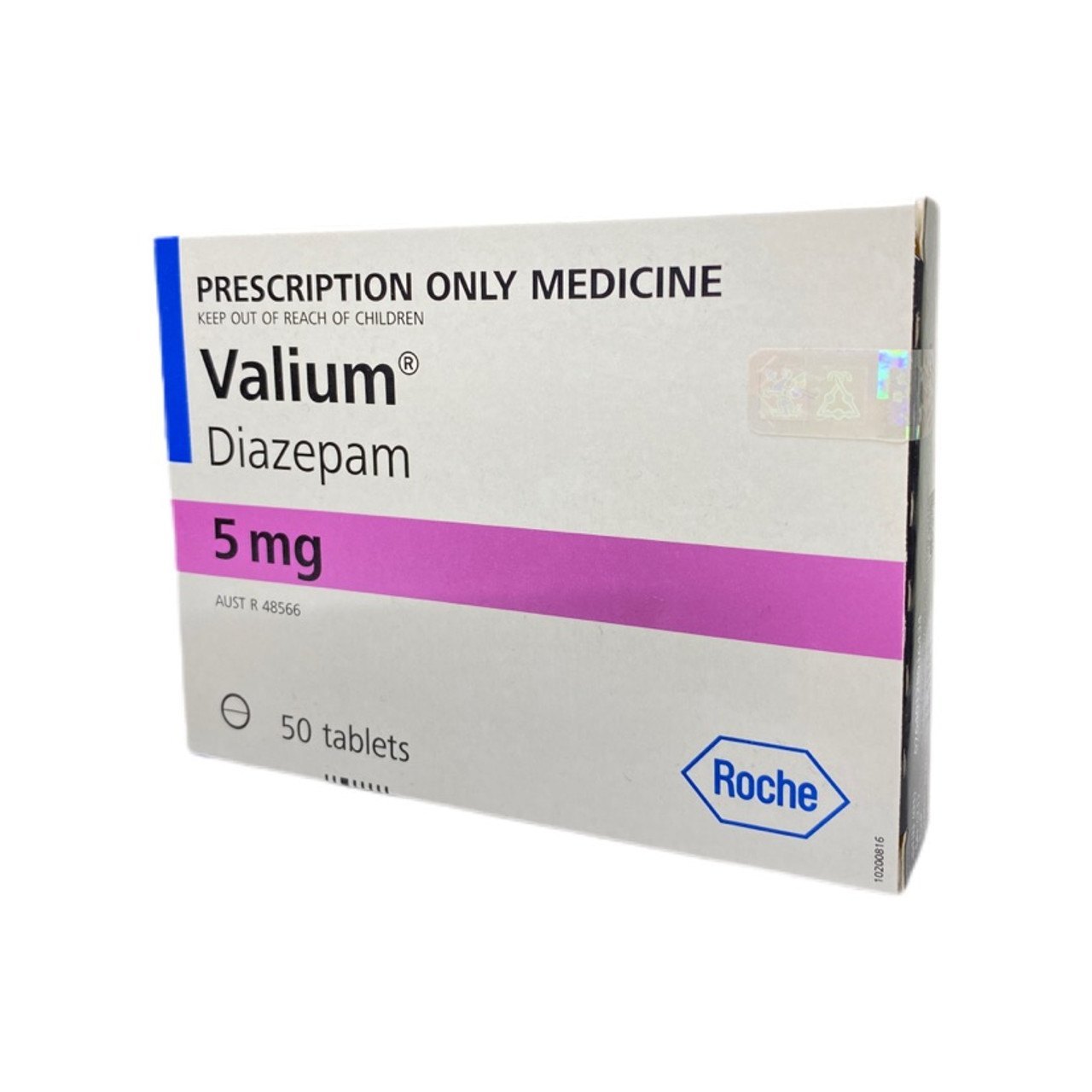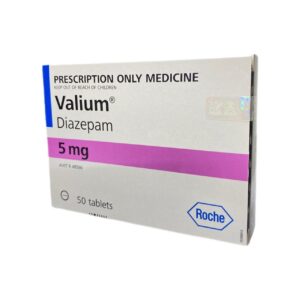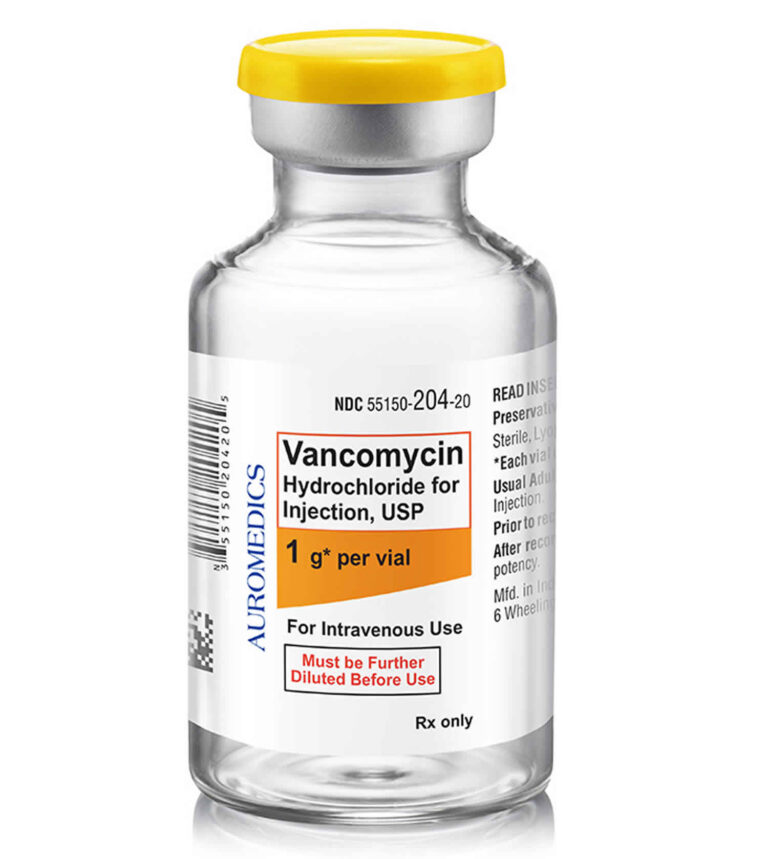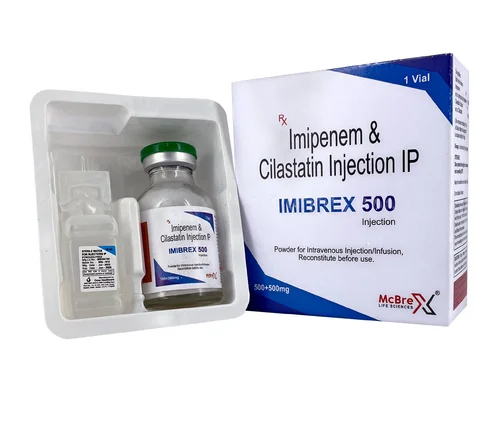
Diazepam belongs to a group of medications known as benzodiazepines. It is commonly prescribed to treat anxiety, muscle spasms, seizures, and other health issues. This article offers a comprehensive look at diazepam, including its uses, how it works, potential side effects, and well-known brand names.
What is Diazepam?
Diazepam is a prescription drug that acts as a central nervous system depressant. It primarily targets the brain, boosting the effects of a neurotransmitter called gamma-aminobutyric acid (GABA). This action leads to a calming effect, making it useful for managing a variety of conditions.
Mechanism of Action of Diazepam
Diazepam functions by attaching to specific receptors in the brain, particularly the GABA-A receptors. When it binds to these receptors, it enhances the effects of GABA, a neurotransmitter that inhibits brain activity. This leads to a calming effect, alleviating anxiety, promoting muscle relaxation, and helping to prevent seizures.
Common Uses of Diazepam
-
Anxiety Management
Doctors often prescribe it to help manage anxiety-related disorders, especially for short-term relief. It effectively reduces symptoms like restlessness, agitation, and tension.
-
Muscle Relaxation
Diazepam is also utilized to ease muscle spasms resulting from conditions such as back pain, injuries, or neurological issues. Its muscle-relaxing properties make it a suitable treatment for spasticity.
-
Seizure Disorders
Diazepam is used in the management of certain seizure disorders, including epilepsy. It is effective in treating acute seizures, such as status epilepticus, where seizures persist for more than five minutes.
-
Alcohol Withdrawal
In cases of severe alcohol withdrawal, diazepam can help prevent symptoms like seizures and agitation.
-
Pre-surgical Sedation
Diazepam is beneficial in relaxing patients prior to surgery, reducing anxiety, and providing mild sedation.
Dosage and Administration
Diazepam is available in several forms, including oral tablets, oral solutions, and injectable options. The specific dosage is determined by the condition being treated, the patient’s age, and their medical history. Adhering to the prescribed dosage is crucial to minimize the risk of dependence or overdose.
-
Oral Tablets
Typically prescribed in doses ranging from 2 mg to 10 mg, based on the severity of the condition.
-
Injectable
Given intravenously for more severe conditions, such as acute seizures.
Side Effects of Diazepam
It can cause a range of side effects. The most frequently reported include:
- Drowsiness
- Fatigue
- Dizziness
- Weakness
- Memory issues
- Blurred vision
Some rare but serious side effects may include:
- Breathing difficulties
- Severe allergic reactions (such as rash, itching, or swelling)
- Risk of dependence and withdrawal symptoms with long-term use
If any side effects become severe, consult a healthcare provider for immediate assistance.
Risks and Warnings
-
Dependence and Withdrawal
Long-term use of this medication can lead to both physical and psychological dependence. It is essential to take diazepam only as prescribed, and to avoid sudden discontinuation to prevent withdrawal symptoms.
-
Drug Interactions
It may interact with other medications, particularly other CNS depressants (like alcohol and opioids), which can lead to dangerous respiratory depression or excessive sedation.
-
Pregnancy and Breastfeeding
Diazepam is classified as a Category D drug during pregnancy, indicating potential harm to an unborn baby. Therefore, it is recommended to avoid it during pregnancy unless absolutely necessary, and it should only be used while breastfeeding if the benefits outweigh the risks.
Diazepam Withdrawal Symptoms
Abruptly stopping this medication can lead to withdrawal symptoms, which may include:
- Increased anxiety
- Irritability
- Insomnia
- Seizures (in severe cases)
It is advisable to gradually taper the dosage under the guidance of a healthcare provider.
Diazepam Popular Brand Names
It is available under numerous brand names. Here’s a table of some popular ones with their specifications:
| Brand Name | Strength | Formulation | Manufacturer | Typical Use |
| Valium | 2 mg, 5 mg, 10 mg | Tablets | Roche | Anxiety, Muscle Spasms, Seizures |
| Diastat | 5 mg, 10 mg | Rectal Gel | Valeant Pharmaceuticals | Seizure management |
| Relanium | 2 mg, 5 mg, 10 mg | Tablets | Sanofi-Aventis | Anxiety, Alcohol Withdrawal |
| Diazepam Sandoz | 5 mg, 10 mg | Tablets | Sandoz | Anxiety, Muscle Spasms, Seizures |
Conclusion
Diazepam continues to be a key medication for treating anxiety, muscle spasms, seizures, and various other conditions. While it is effective, it is important to use it with caution due to the risk of dependence and possible interactions with other substances. Always adhere to your healthcare provider’s guidance and refrain from using diazepam for extended periods unless necessary.




